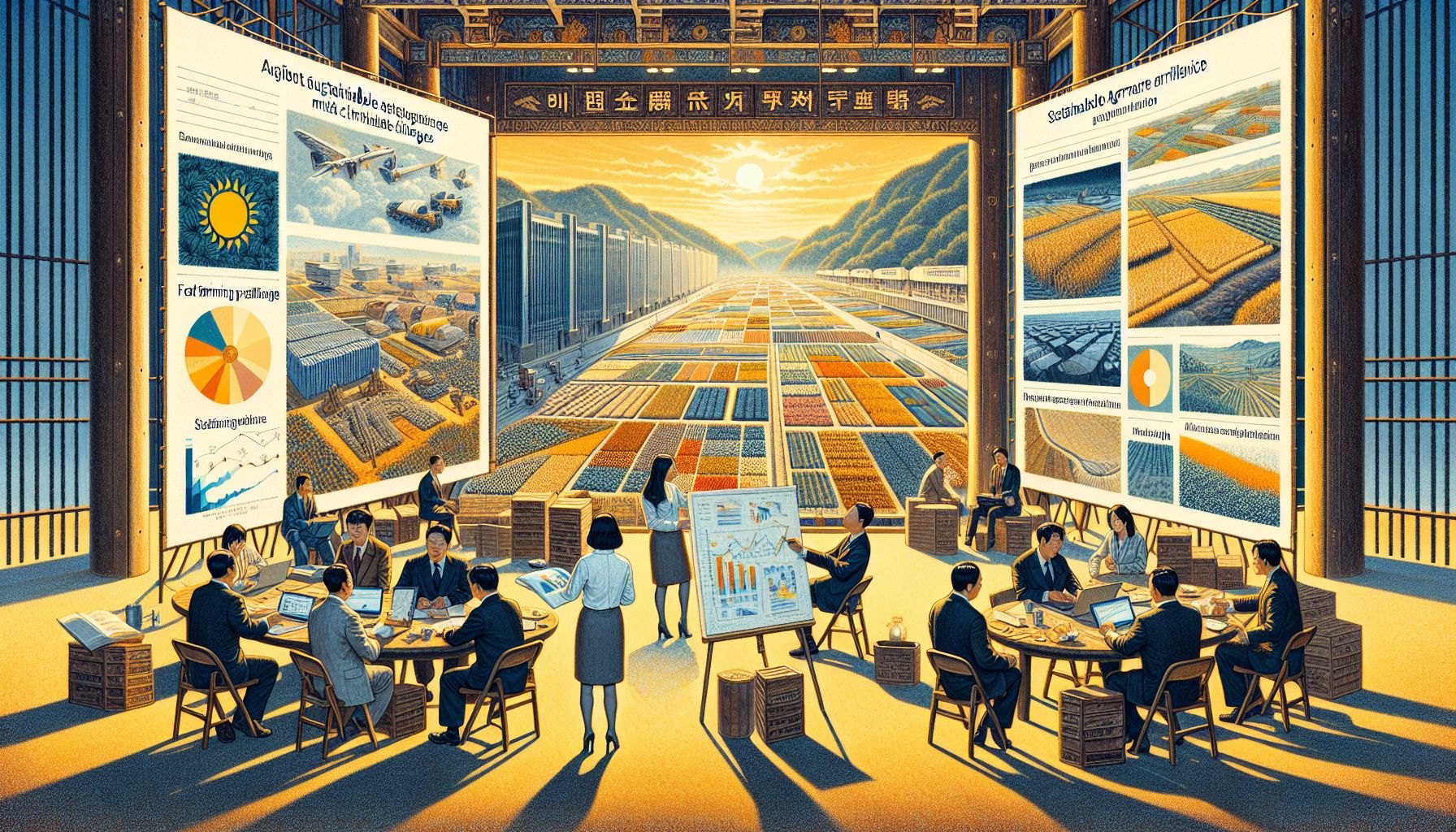South Korea and Taiwan Explore Climate Solutions in Agriculture

Seoul, Friday, 11 April 2025.
Experts from South Korea and Taiwan collaborated in Seoul to discuss sustainable agriculture practices amidst climate challenges, aiming to bolster food security and farming resilience through innovation.
Innovative Strategies in Climate-Adaptive Agriculture
The joint conference held in Seoul by the Korea Rural Economic Institute (KREI) and National Taiwan University (NTU) underscored the urgent need for innovative agricultural practices to address the ongoing climate crisis. One major focus was on developing climate-resilient crop varieties to withstand increasing weather variability and enhance food security. This collaborative exchange of ideas aimed to foster strategic responses to safeguard future food supplies amidst escalating climatic challenges [1][2].
Enhanced Farming Techniques and Technology Integration
Experts, including Han Jeong-hun from KREI, emphasized the importance of adopting sensor-based precision nutrient management and smart farming technologies. These technologies aim to optimize resource use, thereby reducing environmental impact and improving crop yields. The discussions highlighted how integrating weather services with agricultural policies can bolster farming resilience against climate-induced anomalies [1][3].
Economic and Environmental Outcomes
Participants also explored the economic impacts of the U.S.-China trade war on agriculture, depicting how geopolitical tensions can exacerbate the vulnerability of food supply chains. As part of their recommendations, experts stressed the need for diversified supply chains and strategic stockpiling to mitigate risks associated with international trade disruptions [2][3]. This approach not only seeks to stabilize food systems but also promotes sustainability by reducing the carbon footprint associated with lengthy trade routes [3][4].
Conclusion and Future Implications
The gathering in Seoul serves as a critical platform for advancing agrifood innovations that align with broader global climate objectives. The interactions between South Korean and Taiwanese agricultural stakeholders are pivotal in crafting policies that marry technological advancement with sustainable farming practices. Through enhanced cooperation and the implementation of cutting-edge agricultural technologies, these nations aim to set a benchmark in addressing climate-related agricultural challenges [1][4].